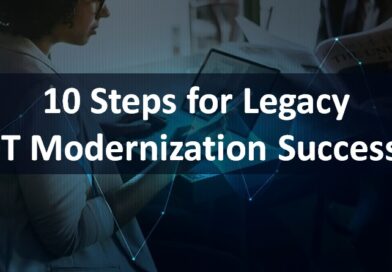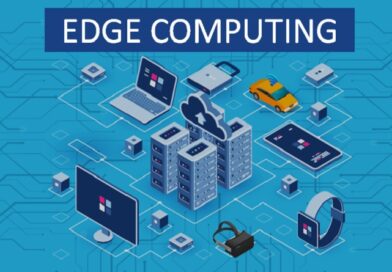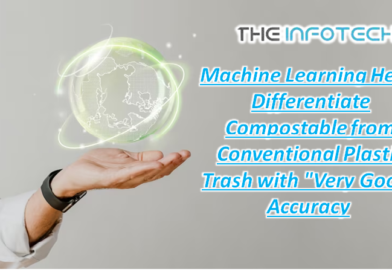3 ways every company can get started with an open-source software strategy
1. Understand your organization’s engagement and processes with open-source software.
Do you have a clear picture of your organization’s current work with open-source developers? Are there dedicated internal resources where your teams can understand your collaboration and processes to partner with open-source projects? A lack of process for contributing to open source can inhibit developers from making upstream contributions to the open-source projects. For instance, according to the Tidelift study previously mentioned, 61% of organizations have a formal approval process for introducing new open-source components yet getting approval to use new open-source components in large organizations can prove slow and tedious, often taking a week or more. Companies can make it easier for developers to release open-source code by making efforts to open source everything possible and putting code out there to invite developers to use their software. Companies will also benefit from setting up lightweight guidelines for creating open-source projects. In effect, this will accelerate the approval process and help determine what good maintenance and governance mean to them.2. Manage your company’s participation in open source and provide structure through an open-source program office.
If getting an understanding of current work and setting up processes is the first step, creating an open-source program office (OSPO) can help supercharge growth around your open-source processes. An official OSPO works cross-functionally across your company to reduce potential barriers with departments like legal, HR, engineering, and security. An OSPO can also help increase organizational confidence in open source and reduce developer friction. Startups and large organizations across tech, financial services and academia can create the program offices to help manage open source at scale. This group is the front line for support on open source when developers have questions. All sorts of professionals create OSPOs; developers, engineers and program managers have all spearheaded programs and taken initiative to get them started. The TODO Group is an example of one network that is a great public resource to get started as it provides case studies, guides, how-tos and surveys to support organizations in establishing an OSPO.3. Support developers and the open-source community through sponsorships and investments.
As the world is becoming increasingly reliant on open source, everyone has a responsibility to give back to the community. This support helps lift all efforts of the broader community. For example, during recent software supply chain vulnerabilities such as last year’s Log4j, many open-source developers dedicated their own time and resources to addressing fixes for the code library that many companies relied on. These developers deserve recognition and support for this work. No first step is too small providing sponsorships for the projects and developers your company relies on is a great place to start as it will open a conversation with the community. With many options available, like Outreachy, Open Collective, GitHub Sponsors, and several foundations like Linux Foundation, OpenJS and more, supporting open source is easier than ever. Open-source projects power our major software systems and the global economy, but it’s a two-way street. Companies that rely on the community need to encourage and collaborate more with developers, maintainers, and contributors to jointly create software that delivers innovation. By implementing an open-source strategy at their companies, organizations can deliver exceptional experiences at an accelerated pace, engage the developer community, support the projects that matter to them most and contribute to the future of software, together.See More

10 Steps for Legacy IT Modernization Success
IT Modernization Success Although the thought of mainframe migration can be intimidating, it is a crucial step that businesses must

Accelerating AI for Growth – Infrastructure Plays a Key Role
Businesses all over the world have realised how important artificial intelligence (AI) is to driving change and company expansion. Many

Here’s Why Edge Computing Will Perfectly Size Its Role in 2023
With edge computing, it has always been possible to leverage “big data” (a term we now hardly ever hear) more

The 7 key trends for the security industry in 2023
In recent years, the physical security sector has seen significant change. In this constantly changing business, cutting-edge technology advancements and
See More Blogs

HIX.AI Announces Major Product Pivot to AI Search Engine, Rivaling Perplexity
SINGAPORE, July 15, 2024 /PRNewswire/ — HIX.AI, a leading innovative solution provider in the artificial intelligence field, today announced a fundamental shift

Machine Learning Helps Differentiate Compostable from Conventional Plastic Trash with “Very Good” Accuracy
Compostable plastics are becoming more popular, and while they have many advantages, some of these items, such as wrappers and

Big Data in B2B Business
Key takeaways Big data analytics gathers masses of data from numerous sources and uses it to enhance customer service and

Programming Languages
Definition of programming A computer program is made up of code that is run by the computer to carry out




